- Home
Page 2
Page 2
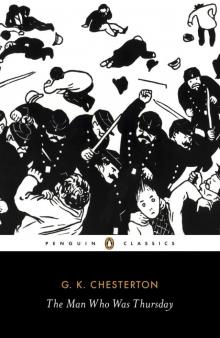 The Man Who Was Thursday: A Nightmare
The Man Who Was Thursday: A Nightmare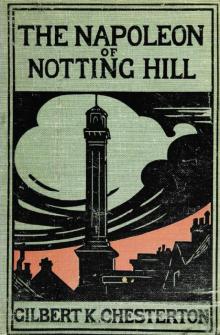 The Napoleon of Notting Hill
The Napoleon of Notting Hill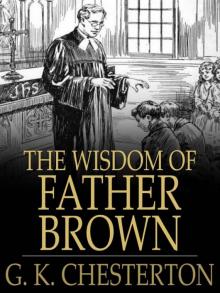 The Wisdom of Father Brown
The Wisdom of Father Brown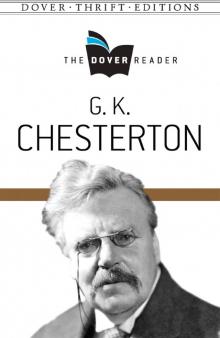 G K Chesterton- The Dover Reader
G K Chesterton- The Dover Reader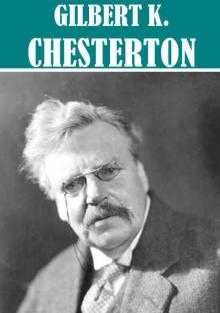 The Essential G. K. Chesterton
The Essential G. K. Chesterton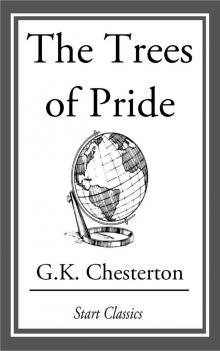 The Trees of Pride
The Trees of Pride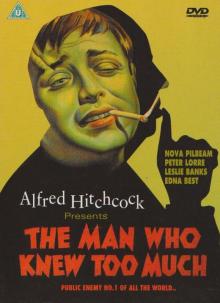 The Man Who Knew Too Much
The Man Who Knew Too Much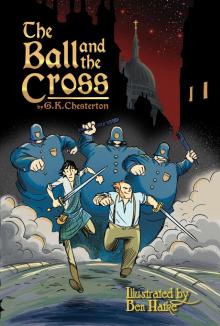 The Ball and the Cross
The Ball and the Cross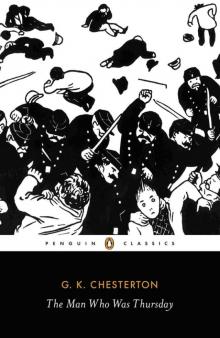 The Man Who Was Thursday (Penguin ed)
The Man Who Was Thursday (Penguin ed)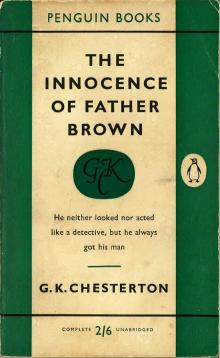 The Innocence of Father Brown
The Innocence of Father Brown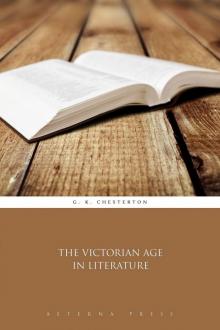 The Victorian Age in Literature
The Victorian Age in Literature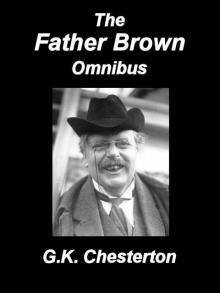 Father Brown Omnibus
Father Brown Omnibus Murder On Christmas Eve
Murder On Christmas Eve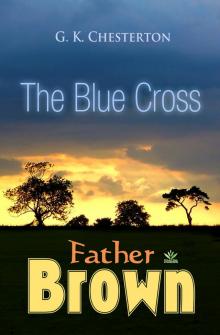 The Blue Cross
The Blue Cross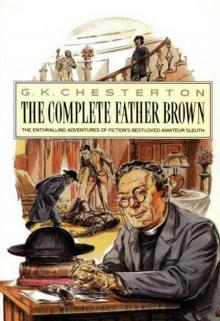 The Complete Father Brown Mysteries Collection
The Complete Father Brown Mysteries Collection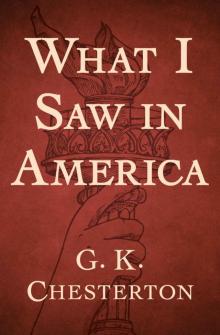 What I Saw in America
What I Saw in America